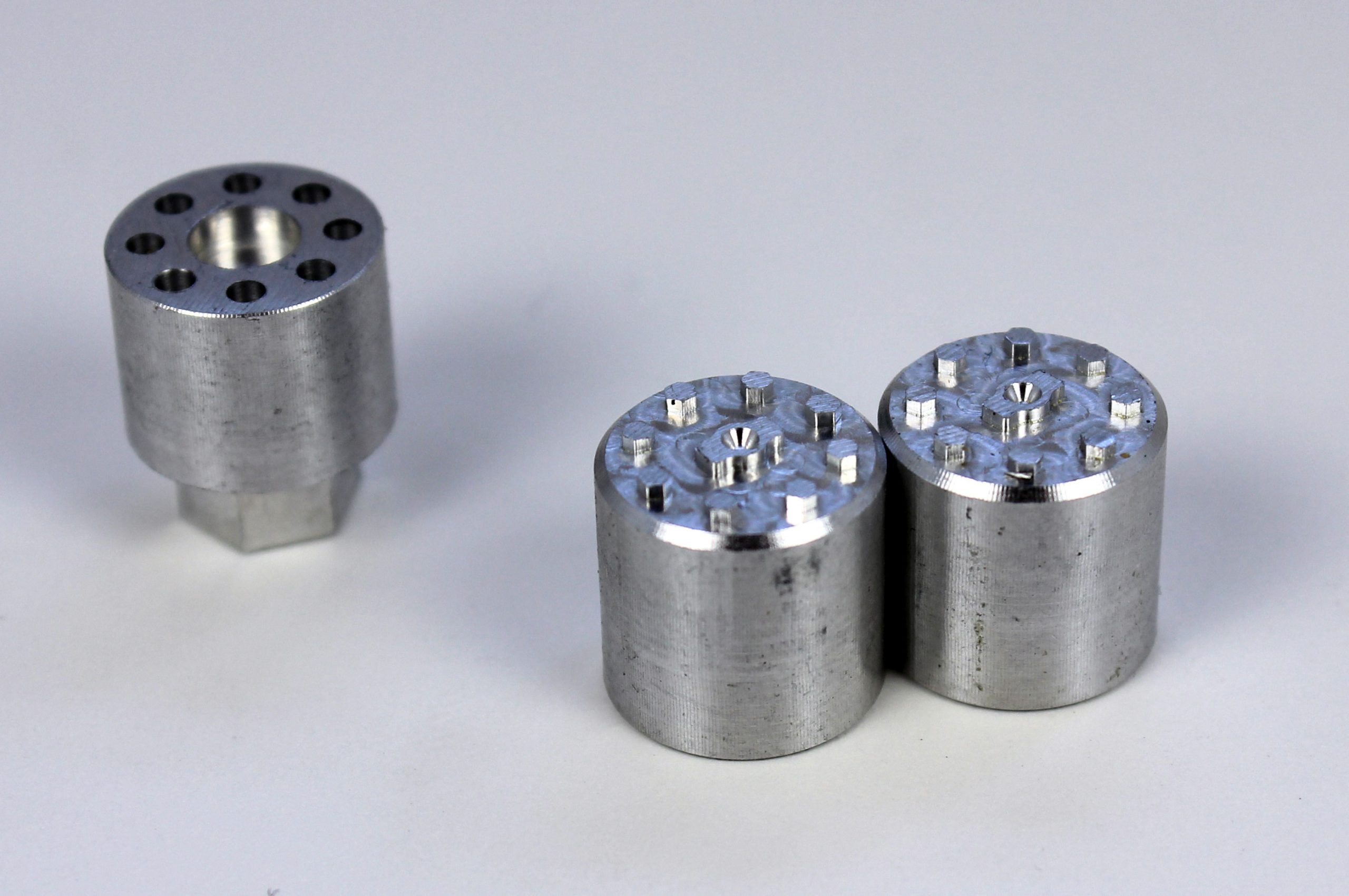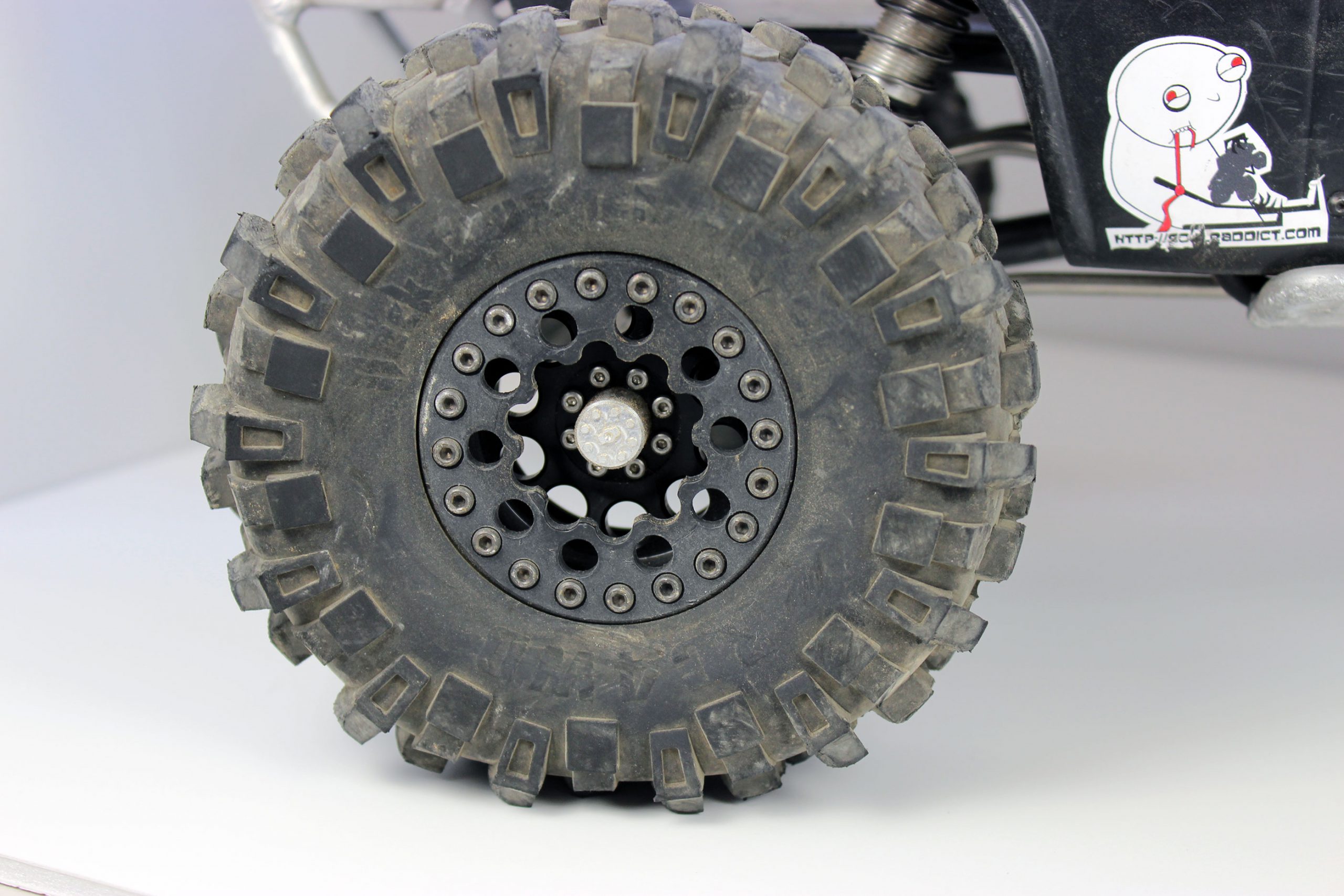Imagine this: You're sitting on your couch, ready to binge-watch your favorite series in stunning HD quality, but suddenly your setup isn't working as expected. What's going on? Well, my friend, the answer might lie in understanding HD hubs. Whether you're a tech enthusiast or just someone trying to figure out how to get the best picture quality for movie night, this guide is for you. We'll break down everything you need to know about HD hubs, from what they are to how they can revolutionize your entertainment experience.
HD hubs have become a buzzword in the world of modern entertainment, and for good reason. They're not just another tech gadget; they're the key to unlocking the full potential of your home theater system. In this article, we'll dive deep into what HD hubs are, how they work, and why they matter so much in today's streaming-centric world. So, buckle up and get ready to learn something new!
Let's face it, navigating the tech world can feel overwhelming sometimes. But fear not! By the end of this article, you'll be an HD hub expert, ready to make informed decisions about your entertainment setup. And who knows? You might just impress your friends with your newfound knowledge at your next movie marathon.
- Vegamovies In 2025 The Ultimate Guide To Streaming Your Favorite Films
- New Ullu Web Series Video The Next Big Sensation In Digital Entertainment
Now that we've set the stage, let's dive right into the world of HD hubs. But first, here's a quick table of contents to help you navigate this comprehensive guide:
Table of Contents
- What Are HD Hubs?
- Types of HD Hubs
- Benefits of Using HD Hubs
- Choosing the Right HD Hub for Your Needs
- Setup Guide for HD Hubs
- Troubleshooting Tips for HD Hubs
- The Future of HD Hubs
- Cost Considerations for HD Hubs
- Expert Recommendations for HD Hubs
- Conclusion: Why HD Hubs Matter
What Are HD Hubs?
Alright, let's get down to business. So, what exactly are HD hubs? In a nutshell, an HD hub is a device that acts as a central point for connecting multiple HD devices to your TV or monitor. Think of it as a traffic controller for all your entertainment needs. It allows you to plug in various devices like gaming consoles, Blu-ray players, streaming boxes, and even your laptop, all into one convenient spot. This way, you can switch between them seamlessly without having to constantly unplug and replug cables.
HD hubs come in different shapes and sizes, but their primary function remains the same – to enhance your viewing experience by ensuring that all your devices are connected and working together in harmony. They're especially useful if you have a lot of devices that require HDMI connections, as they help reduce clutter and simplify your setup.
- Vegamovies Art The Ultimate Guide To Your New Favorite Creative Haven
- 7 Moviesflix Your Ultimate Streaming Destination Unveiled
Why Do You Need an HD Hub?
Let me paint you a picture. You've got your TV, your gaming console, your streaming stick, and maybe even a soundbar. Without an HD hub, you'd have to switch inputs every time you wanted to watch something different. Sounds annoying, right? That's where an HD hub comes in. It consolidates all those connections, making your life so much easier. Plus, it ensures that you're getting the best possible picture quality, which is crucial if you're a stickler for high-definition visuals.
Types of HD Hubs
Now that you know what an HD hub is, let's talk about the different types available. Not all HD hubs are created equal, so it's important to understand the options before you make a purchase. Here's a quick breakdown:
- HDMI Switches: These are the most common type of HD hub. They allow you to switch between multiple HDMI devices using a single input on your TV.
- HDMI Splitters: If you want to display the same content on multiple screens, an HDMI splitter is what you need. It takes one HDMI input and splits it into multiple outputs.
- HDMI Extenders: Need to extend the distance between your devices and your TV? HDMI extenders can help by transmitting signals over longer distances without losing quality.
- USB-C to HDMI Adapters: For those of you with newer devices that only have USB-C ports, these adapters allow you to connect to HDMI displays easily.
Choosing the right type of HD hub depends on your specific needs and setup. Whether you're looking to switch between devices, split signals, or extend connections, there's an HD hub out there that's perfect for you.
Key Features to Look For
When shopping for an HD hub, keep an eye out for these key features:
- 4K and HDR support for the best picture quality.
- Compatibility with your existing devices.
- Easy-to-use interface for seamless switching.
- Durable build quality to ensure longevity.
Benefits of Using HD Hubs
So, why should you bother with an HD hub? Well, there are plenty of reasons. First and foremost, they simplify your entertainment setup. No more fumbling with cables or switching inputs manually. With an HD hub, everything is streamlined and organized. Plus, they help improve the overall quality of your viewing experience by ensuring that all your devices are connected properly and functioning at their best.
Another major benefit is the reduction in cable clutter. If you've ever looked behind your TV and seen a tangled mess of wires, you know how frustrating it can be. An HD hub helps tidy things up, making your living room look much more presentable. And let's not forget about the convenience factor. With just a few button presses, you can switch between devices effortlessly, saving you time and hassle.
Enhancing Your Viewing Experience
HD hubs aren't just about convenience; they're also about enhancing your viewing experience. By connecting all your devices to a single hub, you ensure that you're getting the best possible picture and sound quality. This is especially important if you're a fan of high-definition content, as it allows you to fully enjoy the details and colors of your favorite movies and shows.
Choosing the Right HD Hub for Your Needs
With so many options on the market, choosing the right HD hub can seem daunting. But don't worry, I've got you covered. Here are a few tips to help you make the right decision:
- Consider the number of devices you want to connect. Make sure the hub you choose has enough ports to accommodate all your needs.
- Check the resolution and refresh rate supported by the hub. If you're a gamer or a movie buff, you'll want a hub that supports 4K and HDR for the best experience.
- Look for additional features like audio return channels (ARC) and Ethernet pass-through if you need them.
- Read reviews and do your research. See what other users have to say about the hub you're considering.
Remember, the right HD hub for you will depend on your specific setup and preferences. Take your time and choose wisely!
Compatibility Matters
One thing to keep in mind is compatibility. Make sure the HD hub you choose is compatible with all your devices. Nothing's worse than buying a new gadget only to find out it doesn't work with your existing setup. So, do your homework and ensure that everything will play nice together before you make a purchase.
Setup Guide for HD Hubs
Alright, you've got your shiny new HD hub, now what? Setting it up is actually pretty straightforward. Here's a step-by-step guide to help you get started:
- Connect all your devices to the HD hub using HDMI cables.
- Plug the hub into your TV using another HDMI cable.
- Power on the hub and switch your TV input to the correct channel.
- Use the hub's remote or buttons to switch between devices as needed.
And just like that, you're good to go! If you run into any issues during setup, don't panic. Most HD hubs come with user manuals or online support to help you troubleshoot any problems.
Tips for Optimal Performance
For the best performance, make sure to use high-quality HDMI cables and keep your hub firmware up to date. Also, try to keep the hub in a well-ventilated area to prevent overheating. These simple tips can make a big difference in how well your HD hub functions.
Troubleshooting Tips for HD Hubs
Even the best technology can have its hiccups. If you're experiencing issues with your HD hub, here are a few troubleshooting tips:
- Check all connections to ensure they're secure and properly plugged in.
- Try using different HDMI cables to rule out any cable-related problems.
- Restart your devices and the hub itself to see if that resolves the issue.
- Consult the user manual or contact customer support if the problem persists.
Remember, patience is key when troubleshooting. Don't be afraid to experiment a little to find the solution that works for you.
Common Issues and Solutions
Some common issues people encounter with HD hubs include no picture or sound, lagging, or switching problems. Most of these can be resolved by following the tips above. If you're still having trouble, don't hesitate to reach out to the manufacturer for assistance. They're usually more than happy to help.
The Future of HD Hubs
As technology continues to evolve, so too will HD hubs. We're already seeing advancements in resolution, with 8K becoming more common. Future hubs will likely support even higher resolutions and faster refresh rates, providing an even more immersive viewing experience. Additionally, we might see more integration with smart home systems, allowing for even greater control and convenience.
So, what does this mean for you? It means that investing in an HD hub now is a smart move, as they'll only become more essential in the future. Keep an eye on new developments and upgrades to ensure you're always on the cutting edge of home entertainment technology.
Staying Ahead of the Curve
One way to stay ahead of the curve is to keep up with industry trends and updates. Follow tech blogs, subscribe to newsletters, and participate in forums where enthusiasts discuss the latest gadgets and innovations. The more informed you are, the better equipped you'll be to make smart purchasing decisions.
Cost Considerations for HD Hubs
Of course, cost is always a factor when it comes to buying new tech. HD hubs can range from budget-friendly options to high-end models with all the bells and whistles. It's important to set a budget and stick to it, but also to prioritize quality and functionality over price alone.
Remember, you get what you pay for. A cheaper hub might save you money upfront, but if it doesn't meet your needs or breaks easily, it could end up costing you more in the long run. So, do your research and choose a hub that fits both your budget and your requirements.
Value for Money
When evaluating value for money, consider the features, build quality, and brand reputation. A mid-range hub from a reputable manufacturer might offer the best balance of price and performance. And don't forget to factor in any additional costs, like cables or accessories, when calculating the total cost of ownership.
Expert Recommendations for HD Hubs
Need some expert advice? Here are a few recommendations based on current market trends:
- Best Overall: The Anker HDMI Switch offers excellent performance and reliability at a reasonable price.
- Best for Gamers: The Sabrent 4K HDMI Switch supports high refresh rates and low latency, perfect for gaming enthusiasts.
- Best Budget Option: The UGREEN HDMI Splitter provides great value for
- Vegetable Movies A Cinematic Journey Through The World Of Veggieinspired Films
- Wasmo Live The Ultimate Guide To The Hottest Streaming Platform You Need To Know


